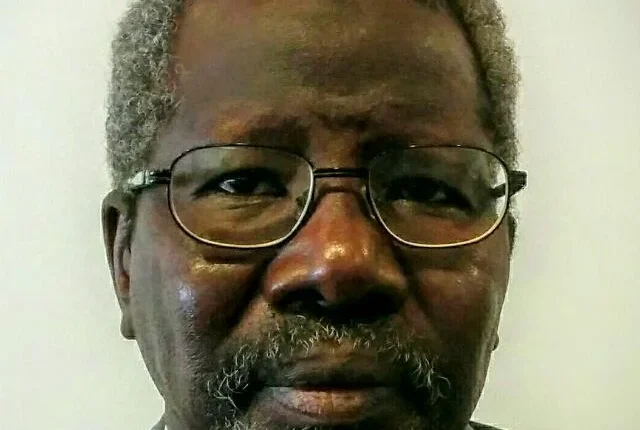The Battle of Okinawa and Sacrifice for the Homeland

Dr Hassan Issa Al-Talib
Among the defining sacrifices that world history has proudly recorded for patriotic soldiers – their loyalty, devotion and readiness to give their lives to defend their homelands, preventing their fall to invasion and occupation – is the experience of the Japanese commanders at the end of the Second World War, during the American–Anglo-Saxon assault on the island of Okinawa in June 1945. The United States mobilised troops from Britain, Canada, Australia and New Zealand, bringing their numbers to 103,000, against 84,000 on the Japanese side.
The Battle of Okinawa was a retaliatory response to Japan’s destruction of the US naval fleet at Pearl Harbour on 7 December 1941 using seaborne suicide aircraft. America deployed 38 aircraft carriers off the coast of Okinawa, with Britain entering the war alongside them with 251 fighter planes and tens of thousands of soldiers. The Japanese, under the leadership of General Mitsuru Ushijima and Operations Commander Colonel Hiromichi Yahara, professor of strategy at the Japanese War College, put up resistance. Japan entered the battle with 1,500 suicide aircraft, 44 special operations battalions and 62 combat divisions, fighting with unprecedented valour. Their losses, both civilian and military, reached some 242,000. When defeat became certain, General Ushijima and his deputy resolved to commit suicide in accordance with the Samurai creed, which demanded that commanders either achieve victory or take their own lives.
When Colonel Yahara requested the honour of joining them in suicide, Ushijima firmly refused, telling him:
“You must endure the temporary shame that fate has decreed upon you, for there remains no one else from the Japanese army, nor anyone trustworthy, to convey the truth of the Battle of Okinawa to the Japanese people as you have seen it. These are the instructions of your supreme commander, and you must carry them out.”
He handed Yahara 500 yen to continue his journey to Tokyo, to deliver the message and recount the story as instructed. Yahara, accompanied by two soldiers, slipped out of the cave in which they were hiding, dressed in civilian clothes, but was captured. He was eventually released in January 1946 under prisoner-exchange agreements between Japan and the Allies. He went on to write his book The Decisive Battle for Okinawa, of which 100,000 copies were sold upon its first publication.
However, when the Japanese high command learned of what had happened in Okinawa, they resolved to insist on defending the homeland, to continue fighting fiercely, and to mobilise the entire nation. Even schoolchildren as young as twelve were called up. Suicide attacks with the so-called “kamikaze” aircraft intensified, and fresh assaults were launched on enemy forces. When the Americans became convinced that continuing the war under such circumstances was impossible – given the length of supply lines and the general exhaustion of Allied troops – US President Harry Truman made an unprecedented decision in the history of warfare: the dropping of two hydrogen bombs on the cities of Hiroshima and Nagasaki on 6 August 1945. More than 200,000 were annihilated within minutes – 140,000 in Hiroshima and 70,000 in Nagasaki – the vast majority, if not all, being civilians. It was then that Emperor Hirohito announced Japan’s surrender on 15 August 1945.
This is the national story written by history about sacrifice and love of homeland. This is the distinction between a true patriot who carries his country in his heart, and one who merely resides in it as a citizen – living and dying for material gain, to whom the homeland is nothing more than the patch of land he inhabits.
Such is the national military creed that ought to exist, be embraced, and be instilled in new generations, encouraged by all who carry their homeland in their hearts – to be true and loyal patriots, not mere pretenders of patriotism who would be the first to sacrifice their country in times of hardship.
Shortlink: https://sudanhorizon.com/?p=7109

